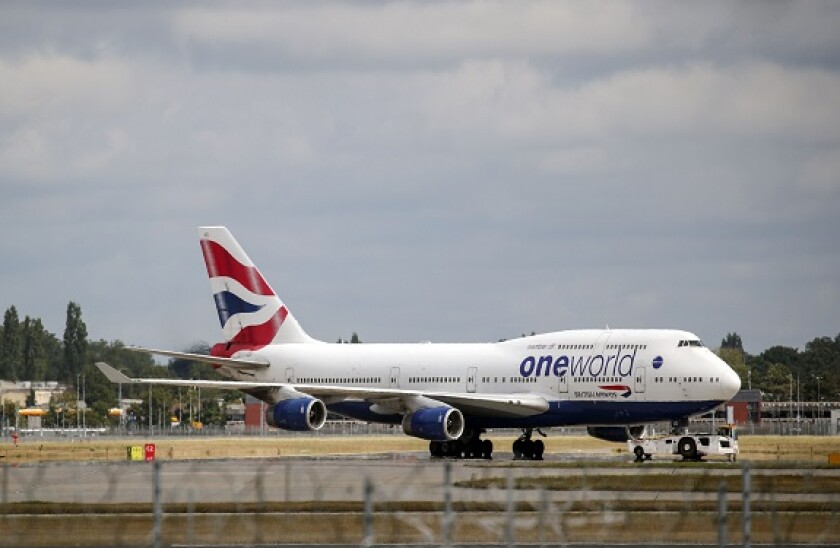After the initial surge of accelerated equity placings, as companies scrambled to raise cash following the onset of the Covid-19 pandemic, investors are now being asked to buy into large rights issues by companies whose business models have been completely torn apart by the disease and its consequences for the economy.
So far, International Airlines Group and Hammerson, the shopping centre operator, have both launched deals. Unibail-Rodamco-Westfield, one of the largest mall owners in the world, and aero-engine maker Rolls-Royce are also considering going to their shareholders for capital.
With markets holding steady so far in August, it looks like there should be a solid market backdrop for large rights issues, once European equity capital markets reopen at the end of this month, barring any disasters.
These companies, such as IAG’s British Airways, are often household names and command significant support from their investors. But raising equity capital is not a magic bullet to recovery, as European banks have proved over the past decade.
The companies launching emergency rights issues this autumn may well secure the financing they ask for, but they could still face a lost decade of secular decline, or worse.
Airline passenger numbers, for instance, may not return to their 2019 levels for at least three years, according to the International Air Transport Authority.
The lifting of travel restrictions this summer has facilitated a burgeoning recovery in intra-European travel, which will benefit airlines such as Ryanair and EasyJet more than others. Yet all it takes is a spike in coronavirus cases for governments to impose bans and restrictions again — as the UK has done by imposing quarantine requirements on people arriving from Spain and France, sending tourism companies’ share prices tumbling.
Long-haul and business travel have long been one of British Airways’ main sources of profits. This segment of the industry remains severely compromised, with little visibility on when it may begin to pick up again. Companies, including investment banks, have scaled back heavily on business travel and expenses, and the pandemic is introducing what could be permanent changes in working practices.
With an increasing focus on sustainability, we will all also be under increasing pressure to fly less in the years ahead.
For owners of shopping centres, the situation may be even more desperate. The retail industry was already in dire straits even before the pandemic, owing to brutal competition from online retailers such as Amazon.
As a senior investment banker put it this week: “We avoid [shopping centres] like mad. There’s Covid-19, plus the rise of Amazon, which is so extraordinarily good at delivering everything — I rarely think now of buying from anywhere else.”
Shopping malls may survive the pandemic, but it is difficult to see a situation in which they could thrive in the near future.
People will be living with the fallout from the pandemic for months or years to come, until there is a successful vaccine that can achieve mass distribution.
Shopping malls have always been like Marmite. For the foreseeable future, though, consumers’ appetite to mingle with large groups of other people in an enclosed space is likely to be severely diminished.
A deep recession, such as that in the UK, will also dampen households’ appetite to spend, once the pent-up demand from the lockdown has been satisfied. Or they may just continue to enjoy the pure convenience of spending online rather than going to a shopping mall.
If affluent people with spending power continue to stay away from shopping centres en masse and buy online instead, there is not much in the way of a future equity story.
A rights issue will not change that.

